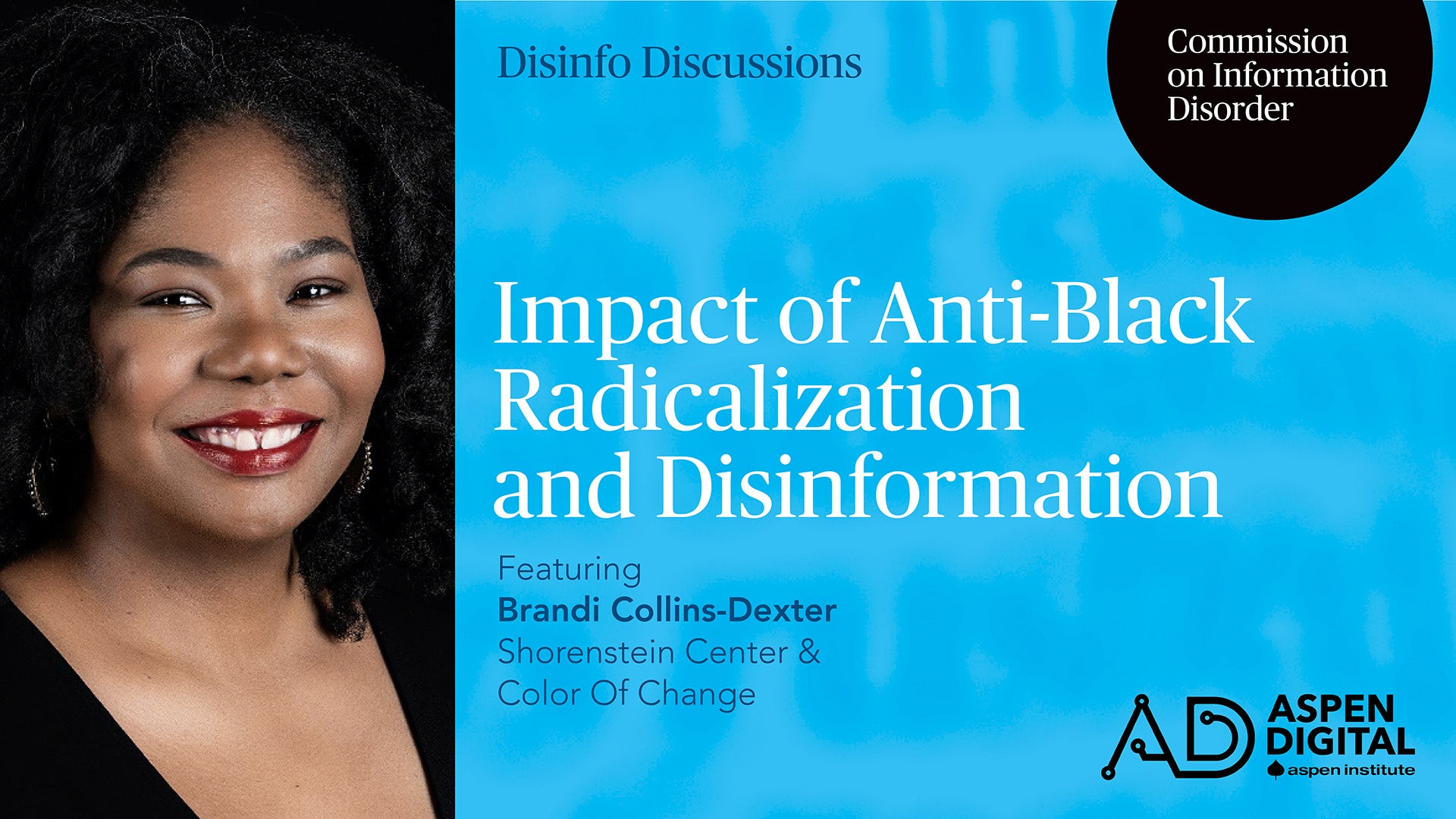The Impact Of Algorithms On Mass Shooter Radicalization: A Legal And Ethical Analysis

Table of Contents
The Role of Algorithms in Echo Chambers and Filter Bubbles
Algorithms, the invisible hands guiding our online experiences, play a significant role in shaping our information consumption. Their influence on the spread of extremist ideologies is a critical concern in understanding mass shooter radicalization.
Algorithmic Amplification of Extremist Content: Recommendation systems on platforms like YouTube, Facebook, and Twitter employ algorithms designed to maximize user engagement. This often leads to the amplification of extremist content, creating a feedback loop that reinforces pre-existing biases and fosters radicalization.
- Examples: YouTube's recommendation algorithm has been criticized for suggesting increasingly extreme videos to users who initially watched seemingly innocuous content. Similarly, Facebook's newsfeed algorithm can prioritize content from groups and pages promoting extremist views, creating "echo chambers" where individuals are only exposed to reinforcing perspectives.
- Filter Bubbles and Echo Chambers: These phenomena, created by algorithmic filtering, limit exposure to diverse viewpoints. Individuals become isolated within their own ideological bubbles, making them more susceptible to extremist narratives and less likely to encounter counterarguments.
The Spread of Misinformation and Disinformation: Algorithms contribute to the rapid spread of false or misleading information. Conspiracy theories, hate speech, and distorted narratives related to extremist ideologies can be amplified and reach vulnerable individuals, potentially influencing their actions.
- Examples: The spread of conspiracy theories linked to mass shootings, often amplified by social media algorithms, can create a climate of fear and distrust, potentially motivating individuals towards violence.
- Challenges in Content Moderation: Identifying and removing this content is a significant challenge. The sheer volume of information, the constant evolution of extremist narratives, and the potential for censorship all contribute to the difficulty of effective content moderation.
Legal and Regulatory Challenges in Addressing Algorithmic Radicalization
Addressing the role of algorithms in mass shooter radicalization presents significant legal and regulatory hurdles.
Section 230 and its Limitations: Section 230 of the Communications Decency Act provides legal protection to online platforms from liability for user-generated content. However, its limitations in the context of algorithmic radicalization are increasingly debated.
- Arguments for Reform: Critics argue that Section 230 shields platforms from responsibility for the harmful consequences of their algorithms, allowing the amplification of extremist content. Reform proposals often focus on clarifying the responsibilities of platforms in moderating algorithmic recommendations.
- Challenges of Content Moderation and Censorship: Balancing the need to combat online extremism with the protection of free speech is a complex challenge. Overly aggressive content moderation can lead to accusations of censorship and stifle legitimate discourse.
International Legal Frameworks and Cooperation: Combating online extremism requires international cooperation. The transnational nature of the internet makes it challenging for individual countries to effectively regulate online content and algorithms.
- International Initiatives: Several international initiatives aim to combat online radicalization, focusing on information sharing, best practices for content moderation, and cross-border cooperation.
- Challenges of Cross-Border Enforcement and Jurisdiction: Differing legal frameworks and jurisdictional challenges complicate cross-border enforcement, making it difficult to hold platforms accountable for their actions across national borders.
Ethical Considerations and Responsibilities of Tech Companies
The ethical implications of algorithms' role in mass shooter radicalization are profound.
Ethical Obligations of Tech Platforms: Tech companies have a crucial ethical responsibility to prevent their algorithms from facilitating radicalization.
- Corporate Social Responsibility: The concept of corporate social responsibility compels tech companies to consider the broader societal impact of their products and services. This includes designing algorithms that prioritize human well-being over maximizing user engagement.
- Ethical Algorithm Design: Approaches such as prioritizing diverse content, promoting critical thinking, and incorporating human oversight in algorithmic decision-making can mitigate the risk of algorithmic radicalization.
Balancing Freedom of Speech with Public Safety: This is a complex ethical dilemma. While protecting freedom of speech is paramount, the potential for algorithms to contribute to violence requires careful consideration.
- Perspectives and Potential Solutions: Striking a balance necessitates a nuanced approach, involving transparency in algorithmic design, robust content moderation policies, and collaboration between tech companies, policymakers, and researchers.
- Transparency and Accountability: Transparency in algorithmic design and deployment, along with mechanisms for accountability, are essential for ensuring that algorithms are not used to facilitate harm.
Conclusion
The impact of algorithms on mass shooter radicalization is undeniable. This article has highlighted the significant role of algorithmic amplification, the challenges in legal regulation, and the ethical responsibilities of tech companies. Understanding these complex interconnections is crucial for developing effective strategies to combat online extremism.
Key Takeaways: Algorithms contribute to the creation of echo chambers and filter bubbles, amplify extremist content, and facilitate the spread of misinformation. Addressing this requires navigating legal challenges, particularly concerning Section 230, and fostering international cooperation. Ethical algorithm design and corporate social responsibility are crucial for mitigating the risks.
Call to Action: We must continue the critical conversation surrounding The Impact of Algorithms on Mass Shooter Radicalization. This includes advocating for responsible algorithm design, promoting media literacy, supporting research into the effects of algorithms on behavior, and encouraging greater collaboration between policymakers, tech companies, researchers, and civil society organizations. Let's work together to mitigate the harmful impact of algorithms and create safer online environments.

Featured Posts
-
 Rome Masters Alcaraz Wins Opener Passaro Creates Surprise In Italian International
May 31, 2025
Rome Masters Alcaraz Wins Opener Passaro Creates Surprise In Italian International
May 31, 2025 -
 Tuesday March 18 Nyt Mini Crossword Clues And Answers
May 31, 2025
Tuesday March 18 Nyt Mini Crossword Clues And Answers
May 31, 2025 -
 Sanofi Aktie Gewinnt Fda Zulassung Fuer Rilzabrutinib Als Orphan Drug
May 31, 2025
Sanofi Aktie Gewinnt Fda Zulassung Fuer Rilzabrutinib Als Orphan Drug
May 31, 2025 -
 Alcaraz Beats Davidovich Fokina To Secure Monte Carlo Masters Final Berth
May 31, 2025
Alcaraz Beats Davidovich Fokina To Secure Monte Carlo Masters Final Berth
May 31, 2025 -
 End Of The World Singel Baru Miley Cyrus Yang Dinantikan
May 31, 2025
End Of The World Singel Baru Miley Cyrus Yang Dinantikan
May 31, 2025
